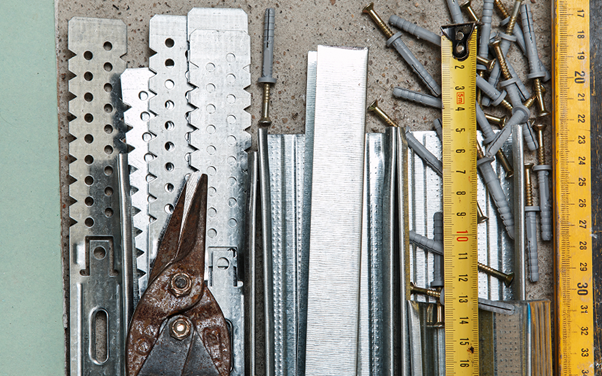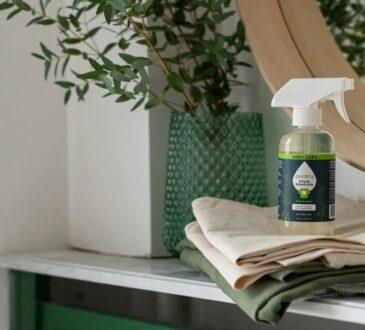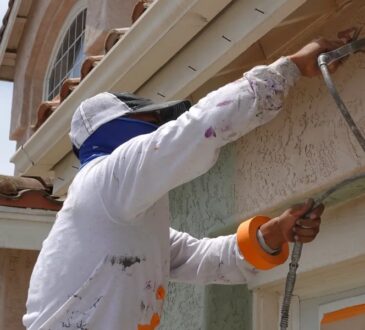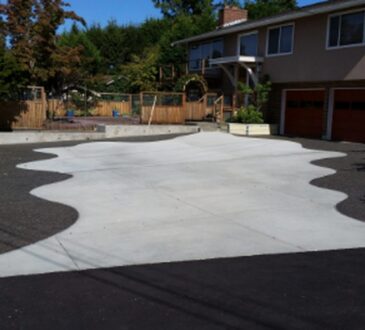
Building something that lasts isn’t just about a solid plan and a good team. The materials you use matter just as much. From concrete to timber, each component has its own ticking clock. Some hang in there for decades; others start to wear out sooner than expected. If you’re not sure what holds up and what gives in, this guide breaks down the shelf life of everyday building bits, no hard hat needed.
ALSO READ: Guide to Building Materials and How Reliable Suppliers Contribute to Project Success
Concrete: Strong Stuff, But Not Immortal
Concrete has a tough rep, and rightly so. It’s the go-to for foundations, columns, and slabs. A standard concrete structure, when poured properly and protected from moisture, can last around 50 to 100 years. But weather, water, and wear can chip away at its charm.
In tropical places like Singapore, the heat and humidity can speed things up. Rainwater, especially if not drained well, can cause cracks and surface flaking. That’s why seasoned contractors often turn to a trusted building material supplier in Singapore, one who can offer ready-mix varieties tailored for local conditions. If reinforced with steel, keep an eye out; corrosion is the sneaky enemy hiding beneath the surface.
Bricks: Old but Gold
Bricks have been holding up buildings for thousands of years. Standard clay bricks can last more than 100 years if laid and sealed well. They resist pests, don’t rot, and laugh in the face of fire. But even bricks can chip, crumble, or grow mossy in wet, shaded areas.
When paired with proper mortar and regular cleaning, brick walls can outlast even the most stubborn renovation delays. Choosing the right type, whether facing, engineering, or fly ash, can make all the difference. A reliable building construction materials supplier can walk you through what suits your project best, without handing you a brick-sized bill.
Timber: Warm, Natural, and a Bit Fussy
Timber brings warmth and character to any build. From floorboards to beams, it’s versatile and easy to work with. But it doesn’t age like fine wine. Softwoods like pine can show wear within 20 to 40 years, while hardwoods like teak or oak stretch to 60 or more.
Here’s the rub: timber hates water and bugs. Without good treatment and regular sealing, it’ll warp, rot, or host termites. So, unless you like your structures doing the twist, make sure you pick treated wood and follow up with proper care. Sourcing it from a knowledgeable building material supplier in Singapore helps ensure you’re not getting damp logs disguised as construction-grade lumber.
Steel: Straight Shooter With Rust Issues
Steel is the skeleton behind many modern buildings. Strong, uniform, and easy to install, it’s a favourite for frames, beams, and reinforcements. With regular maintenance and protective coatings, steel structures can last over 100 years.
Still, the enemy is oxidation. That’s right, rust never sleeps. If steel components aren’t protected, especially in seaside or rainy locations, corrosion creeps in. Galvanised or stainless steel can delay the problem, but choosing the right grade matters. That’s where an experienced building construction materials supplier steps in. They’ll help you pick the steel that stands tall, not one that curls up like a forgotten sardine tin.
Glass: Transparent but Tougher Than You Think
Glass may look delicate, but modern architectural glass is anything but. Treated or laminated glass can last 25 to 50 years, depending on its placement and maintenance. It won’t rot or rust, but it can lose clarity or get scratched.
Sunlight can also cause UV degradation to films or coatings used for tinting or insulation. So while the glass itself might stay intact, its performance could dwindle over time. Picking the right type for exterior versus interior use, and pairing it with proper framing, helps glass keep its cool.
Roofing: Shingles, Tiles, and the Weather War
Roofing materials come in all shapes and textures. Asphalt shingles often need replacing after 20 to 30 years. Metal sheets can go on for 50. Clay or concrete tiles can last up to 100 years if you don’t treat them like a trampoline.
Singapore’s heavy rains and tropical heat mean roofing gets a real workout. Tiles can crack. Metal expands and contracts. Poor ventilation speeds up wear. That’s why sourcing from a reliable building material supplier in Singapore helps you avoid playing a costly guessing game later on. They’ll help you match material to climate and budget, without overcomplicating things.
The Perks of Buying Smart
Knowing how long materials last helps avoid mid-life building crises. It also means less waste, fewer repairs, and a better budget in the long run. That’s why working with a reliable building construction materials supplier matters more than most people think. It’s not just about filling up a delivery truck; it’s about knowing what lasts, what fits, and what plays nice with the rest of your build.
The key is balance, choosing materials that offer longevity without stretching your wallet or your patience. Whether it’s sourcing termite-treated timber, high-strength steel, or rain-resilient roofing, getting advice from a seasoned supplier can keep your project from cracking under pressure.
Contact Chi Han Trading to get quality materials that don’t wear out before their welcome. Whether you’re building up or patching over, they’ll help you make sure it’s built to last.




